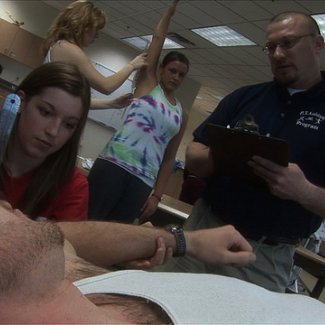
Psychologists are often responsible for conducting scientific studies on behavior or brain functioning, collecting data from research participants, finding patterns that will predict behavior, developing programs to improve workplaces or schools for psychological wellness, working with individuals or groups to make changes to negative behaviors, identifying mental disorders, and creating treatment plans.
Salary
How much do psychologists make? Salaries in this field are highly dependent on the type of psychologist that the individual has chosen to specialize as. The Bureau of Labor Statistics indicates that the 103,590 clinical, counseling, and school psychologists employed throughout the nation earn a mean psychologist salary of $72,220, or an average hourly wage of $34.72. The 1,030 industrial-organizational psychologists employed from coast to coast bring home a mean annual salary of $98,800, which equates to $47.50 per hour.
The 10,350 other psychologists not listed separately by the Bureau nationwide earn an average annual salary of $86,360, which is equivalent to an hourly wage of $41.53. While the bottom ten percent in the profession earn $42,240 or less, the top ten percent of psychologists make considerably more at $116,240+ annually.
Work Environment
Around 34 percent of psychologists are self-employed with their own private practice, 29 percent work in academic educational services, and 20 percent are employed in healthcare facilities. Clinical and counseling psychologists often work in their private practices, clinics, mental health centers, rehabilitation facilities, and hospitals.
Research psychologists mostly are employed by colleges or universities, government agencies, or private organizations. School psychologists tend to find employment in public or private schools, ranging in age level from preschool to college. Some psychologists may work part-time as an independent consultant or owner of their own private practice, but most are employed on a full-time schedule.
Job Outlook
Overall employment of psychologists is predicted to grow faster than the national average for other professions at a rate of 22 percent between 2010 and 2020. There will be greater demand for psychological services in schools, mental health centers, hospitals, and social services agencies that will drive employment growth to help veterans suffering from war trauma, other trauma survivors, and people with autism and other developmental disorders on the rise.












Leave a Reply